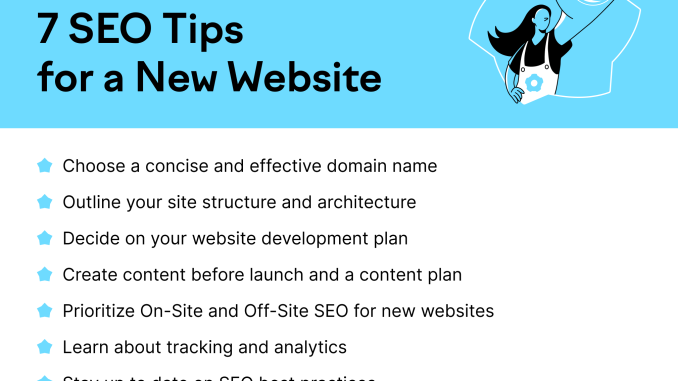
Identify relevant keywords that are commonly searched by your target audience. Use tools like Google Keyword Planner or SEMrush to find high-traffic keywords with low competition.
2. Optimize On-Page SEO Elements
Optimize your title tags, meta descriptions, headers, and URLs with relevant keywords. Make sure your content is easily readable by both users and search engines.
3. Improve Website Loading Speed
Optimize images, minify CSS and JavaScript files, and enable browser caching to improve your website’s loading speed. A faster website not only enhances user experience but also boosts SEO rankings.
4. Create High-Quality Content
Produce engaging and informative content that provides value to your audience. Regularly update your website with fresh content to keep visitors engaged and improve SEO performance.
5. Build High-Quality Backlinks
Acquire backlinks from reputable websites in your industry to boost your website’s authority and credibility. Focus on quality over quantity when building backlinks.
6. Optimize for Mobile Devices
Ensure your website is mobile-responsive to provide a seamless user experience on all devices. Google prioritizes mobile-friendly websites in its search results, so optimizing for mobile is crucial for SEO success.
7. Use Descriptive Alt Text for Images
Add descriptive alt text to your images to help search engines understand the content of your visuals. This can improve your website’s accessibility and SEO performance.
8. Monitor and Analyze Performance
Regularly monitor your website’s performance using tools like Google Analytics. Analyze key metrics such as organic traffic, bounce rate, and conversion rates to identify areas for improvement.
9. Submit Your Website to Search Engines
Submit your website to search engines like Google and Bing to ensure they index your web pages. This helps search engines discover and rank your content faster.
10. Stay Updated on SEO Trends
Keep abreast of the latest SEO trends and algorithm updates to stay ahead of the competition. Continuously refine your SEO strategy to adapt to changing search engine algorithms and user behaviors.